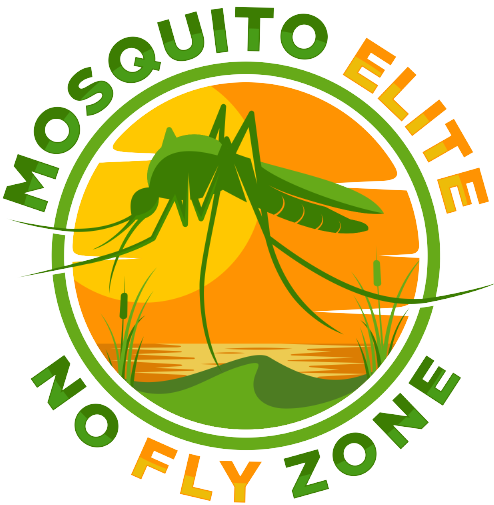Stop a Flea Infestation Before It Starts
When it comes to flea control, prevention is your best defense. Fleas are notoriously difficult to eliminate once they’ve taken hold. They multiply quickly, hide in carpets and clothing, and can survive without a host for most of their lifecycle. By learning how to protect your home and pets from fleas, you can stop an infestation before it becomes a problem.
What Are Fleas?
Fleas are small, flightless parasites that feed on the blood of warm-blooded hosts. These reddish-brown pests are equipped with strong hind legs that make them excellent jumpers. Their lifecycle includes four stages: egg, larva, pupa, and adult. Each stage presents unique survival strategies, making fleas a persistent nuisance.
The Flea Lifecycle
Eggs
After a blood meal, female fleas can lay up to 50 eggs per day, totaling as many as 2,000 in their lifetime.
Eggs typically hatch within one day to two weeks, depending on temperature and humidity.
Flea eggs are often laid on a host and can easily fall off into carpets, bedding, and outdoor spaces.
Larvae
Flea larvae live in hidden, warm areas such as carpets, fur, and grass.
They feed on organic debris and do not require a host.
This stage lasts up to two weeks.
Pupae
Larvae spin protective cocoons and enter the pupa stage, where they can remain for weeks or months.
The cocoon shields them from environmental threats, including many repellents.
Adults
Adult fleas emerge when they sense a nearby host. They feed, mate, and lay eggs.
With a host, adult fleas can live for months. Without one, their lifespan is about a week.
Even though only adult fleas bite, eliminating fleas at any stage is critical to breaking their lifecycle and preventing infestations.
Are Fleas Dangerous?
Fleas are more than just a nuisance. Their bites can cause itchy red spots and discomfort for both people and pets. Additionally, fleas are known to spread harmful pathogens, including:
Tapeworm
Plague
Typhus
It’s no wonder that flea infestations are something every pet owner wants to avoid.
How Do Flea Infestations Start?
The most common way fleas enter your home is by hitching a ride on your pet. Fleas can:
Jump onto your pet from other infested animals or outdoor areas.
Attach to clothing or objects left outside.
Unmanicured or overgrown grass is more likely to harbor fleas, so keeping your outdoor spaces tidy can reduce the risk of an infestation.
How to Prevent Fleas on Pets
Protecting your pets is the first step in preventing fleas. Here’s how:
Regular Baths: Use pet-safe soap and warm water to keep fleas off your pet.
Brush Thoroughly: A fine-tooth comb can remove fleas and eggs from your pet’s fur.
Apply Bug Barriers: Consider outdoor flea treatments to limit exposure.
Avoid Stray Animals: Limit your pet’s interaction with potentially infested animals.
Flea Prevention Medication: Consult your vet for the best prevention methods.
Even a single flea on your pet could mean eggs and larvae are already in your home. Act quickly to prevent a full-blown infestation.
How to Prevent Fleas Indoors
If fleas make it into your home, follow these steps to stop them from multiplying:
Vacuum Frequently
Vacuum carpets, furniture, and pet areas to capture fleas at all stages. Dispose of the vacuum bag immediately to prevent fleas from escaping.
Use Carpet Cleaners
Soap-based and chemical cleaners can kill fleas, including eggs and larvae hidden deep in fibers.
Wash Fabrics in Hot Water
Clean bedding, pet beds, blankets, and soft toys in hot water with detergent to eliminate any fleas or eggs.
Prioritize Flea Prevention
Stopping fleas before they invade is the best way to protect your home. By following the tips in this guide and scheduling professional flea control services, you can ensure a flea-free environment. Mosquito Elite’s experts assess your outdoor spaces, develop a tailored plan, and treat areas where fleas are likely present.
Contact us today for a free quote, or call Mosquito Elite at (337) 419-0788 to learn more about our flea barrier treatments.
